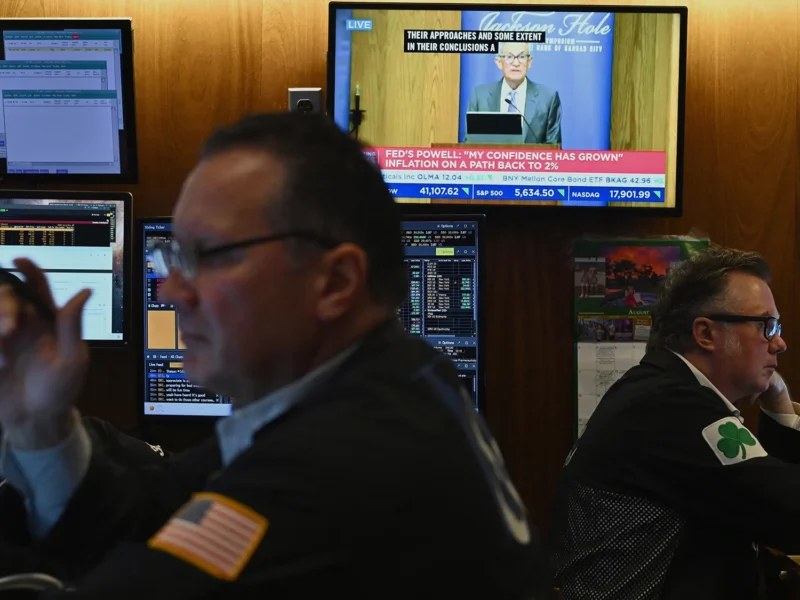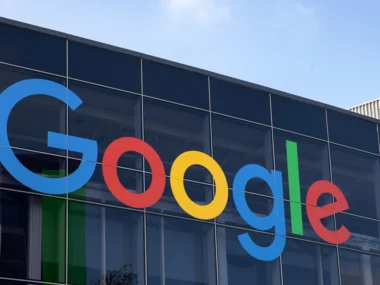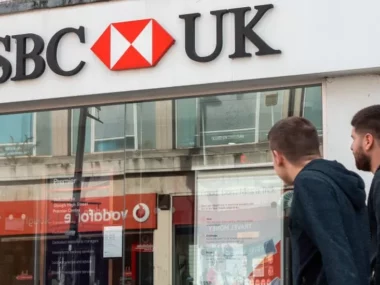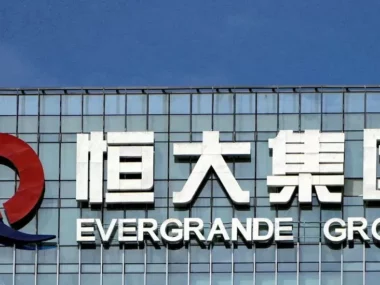On Monday, U.S. stocks ended with mixed results as investors awaited a key earnings report and economic data due later this week. The Dow rose by 65 points (0.2%) to a new record high of 41,241, while the S&P 500 fell 0.3% and the Nasdaq Composite dropped 0.9%.
Global markets have been volatile this month. Japan’s Nikkei 225 plummeted, and U.S. stocks fell sharply in early August due to the unwinding of the yen carry trade and weak U.S. jobs data, sparking fears of a recession. Mixed earnings from Big Tech also pressured markets lower. However, all three major U.S. indexes have since recovered those losses, with optimism bolstered by reports of cooling inflation. Investors are now hopeful that the Federal Reserve will cut interest rates next month after rates hit their highest levels in decades.
Fed Chair Jerome Powell hinted at a potential rate cut in September, suggesting that monetary policy should loosen. He expressed confidence in achieving a “soft landing,” where inflation decreases without a spike in unemployment. This outlook appears to be shared by many in the market and corporate America.
Investors are now focused on Nvidia’s (NVDA) earnings report, due Wednesday. Nvidia’s shares dipped 2.3% on Monday but remain up 155% for the year amid enthusiasm over artificial intelligence. The company is expected to report $28.7 billion in second-quarter revenue and $15 billion in profit. Nvidia has consistently outperformed analyst expectations, and its processors are highly favored for AI applications, including generative AI technologies like ChatGPT.
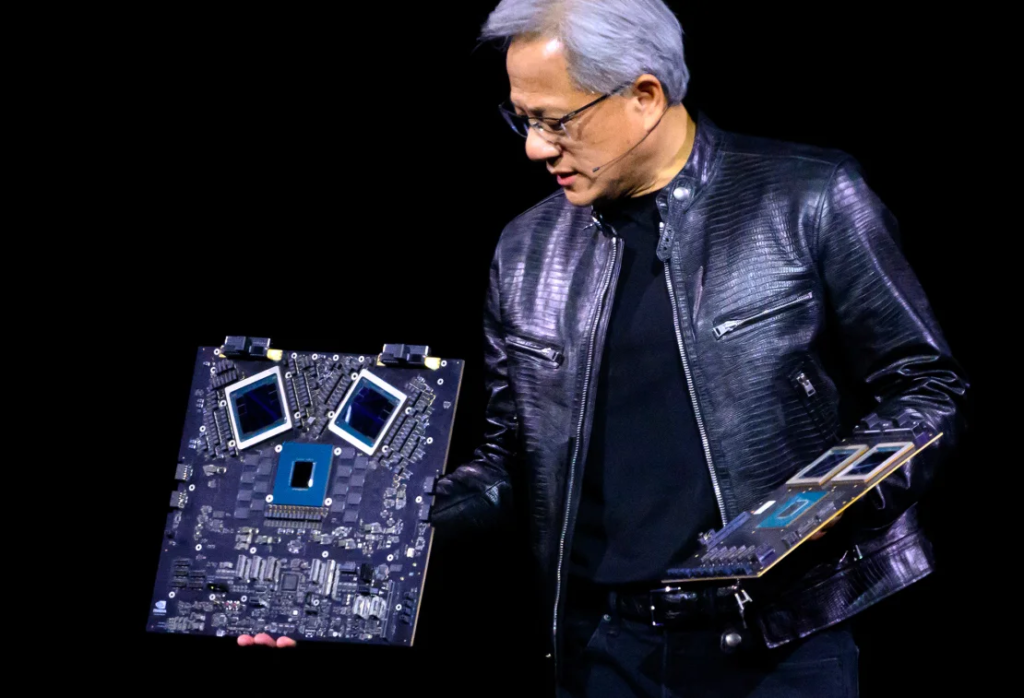
On March 18, NVIDIA’s CEO Jensen Huang showcased new products on stage at the SAP Center in San Jose, California.
Investors have grown skeptical about whether the massive investments made by tech giants in AI will enhance their revenues or just drain cash. Concerns have risen over whether AI will lead to significant efficiency gains or prove costly without substantial returns.
Tensions increased after a federal judge ruled on August 6 that Google’s (GOOGL) search business violated U.S. antitrust laws, potentially impacting other Big Tech companies facing scrutiny over their market dominance. Despite the concerns, some analysts believe the fundamentals of Big Tech remain strong, with Apple, Google, Microsoft, Meta, and Amazon collectively earning over $94 billion in profits last quarter.
Matthew Tuttle, CEO of Tuttle Capital Management, remains optimistic, noting that “AI is in the early innings” and suggesting investors should consider buying NVDA if its stock dips.
Wall Street will also be focused on the July Personal Consumption Expenditures (PCE) price index, released Friday. With inflation trending lower, the Fed has signaled a priority on maintaining maximum employment, but investors will closely watch the PCE to confirm the inflation trend.
Additionally, attention will be on the S&P CoreLogic Case-Shiller U.S. National Home Price Index, the second estimate for Q2 GDP, and upcoming consumer confidence data. Stock levels may fluctuate slightly as the trading day concludes.

